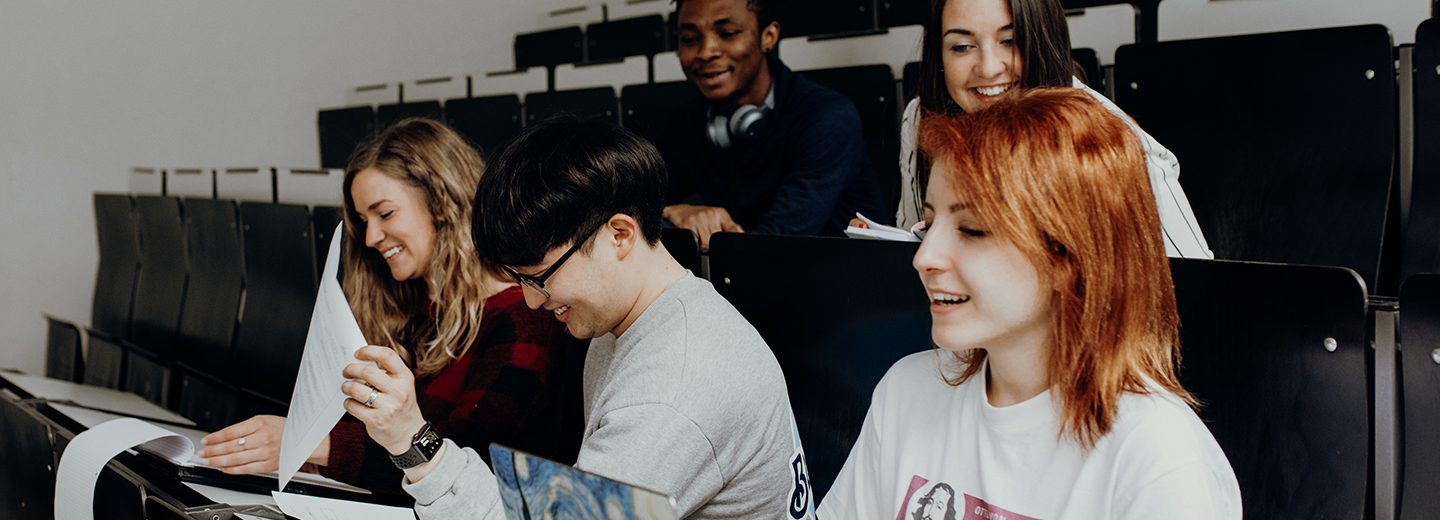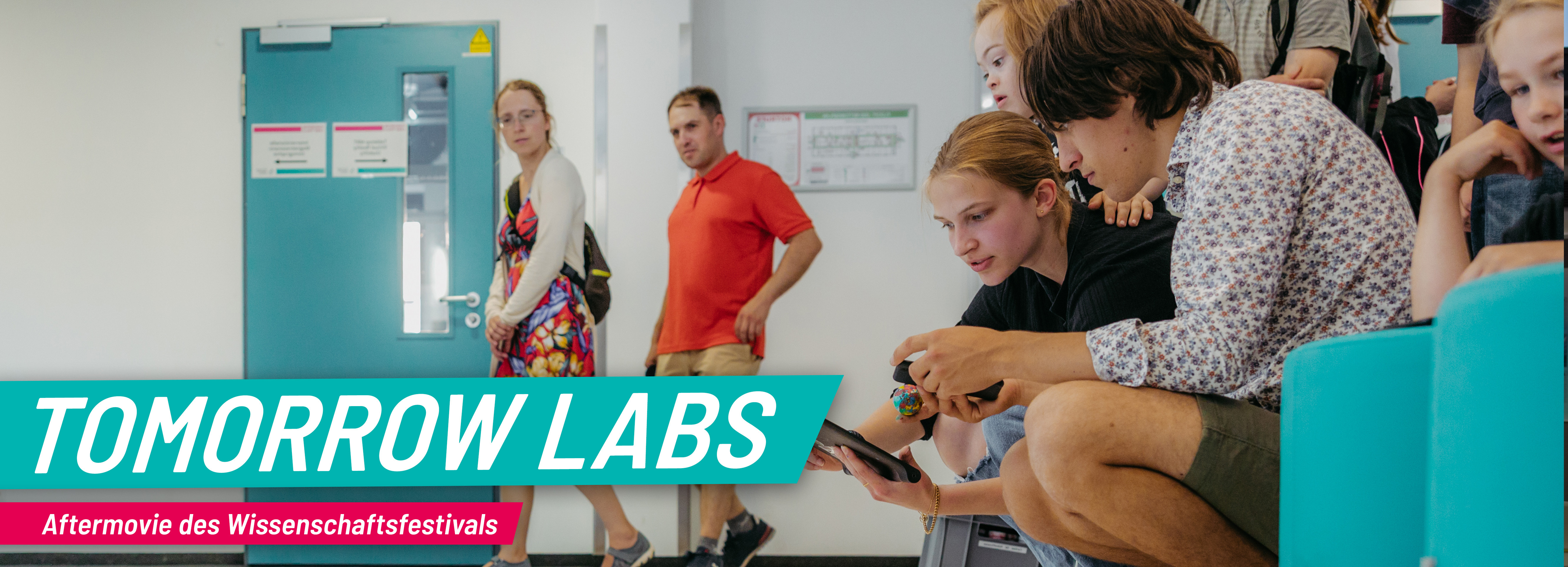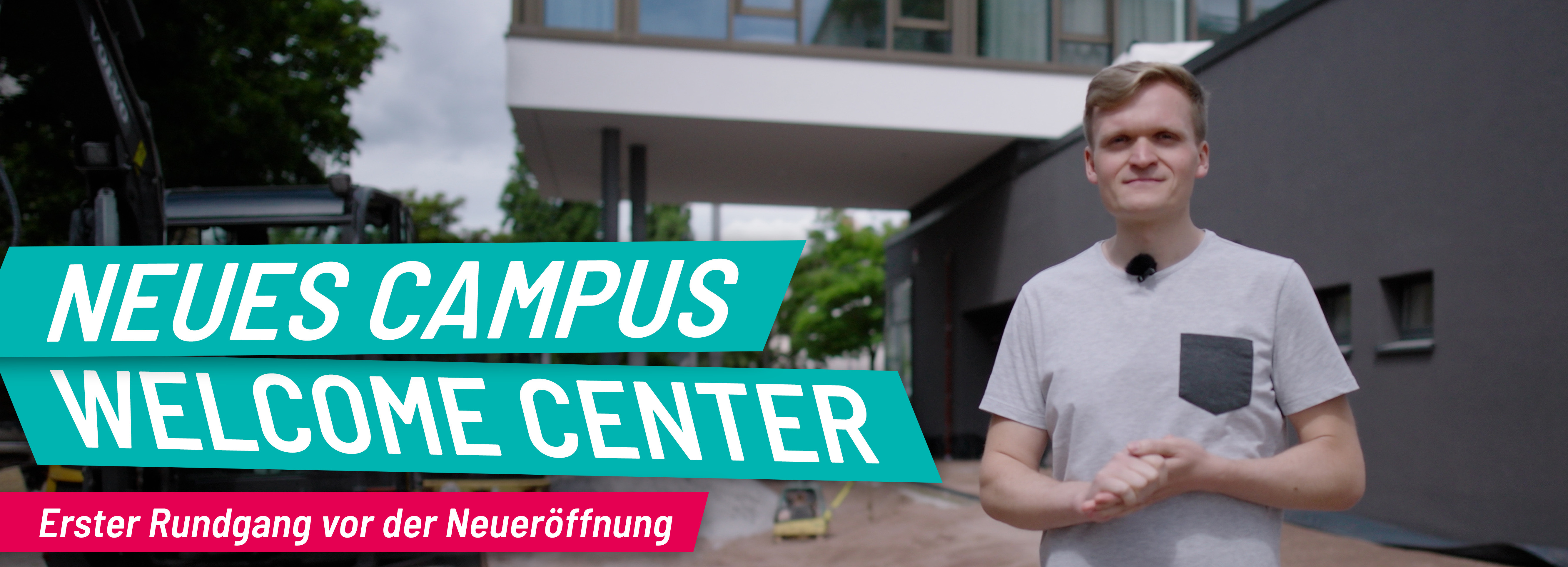+Jana+Dünnhaupt+Uni+Magdeburg-height-560-width-1000%22.jpg)
Since the ratification of the UN Convention on the Rights of Persons with Disabilities, the topic of inclusion has gained momentum. In cooperation with the Pfeiffer Foundations in Magdeburg, the inclusive continuing education program, “Workshop Uni” was launched in the summer semester. This is aimed at adults working in sheltered workshops and teaching staff. Moreover, as part of the project, students help develop new inclusive adult and continuing education formats and materials.




+Sarah+Kossmann+_+UMMD-height-560-width-1000%22.jpg)
+Anna+Friese+Uni+Magdeburg-height-560-width-1000%22-p-1164.jpg)
+und+Jun__Prof_+Dr__Ing_+Alba+Dieguez+Alonso+bei+Versuchsvorbereitungen++am+Mikrowellenreaktor_+(c)+Jana+Dünnhaupt+Uni+Magdeburg-height-560-width-1000%22-p-1128.jpg)
+Jana+Dünnhaupt+Uni+Magdeburg-height-560-width-1000%22-p-1162.jpg)
+Anna+Friese+Uni+Magdeburg-height-560-width-1000%22.jpg)
+Shutterstock+Ostseefotograf-height-560-width-1000%22.jpg)
+Hannah+Theile+Uni+Magdeburg-height-560-width-1000%22.jpg)
+Jana+Dünnhaupt+Uni+Magdeburg-height-560-width-1000%22-p-1118.jpg)
+Anna+Friese+Uni+Magdeburg-height-560-width-1000%22.jpg)